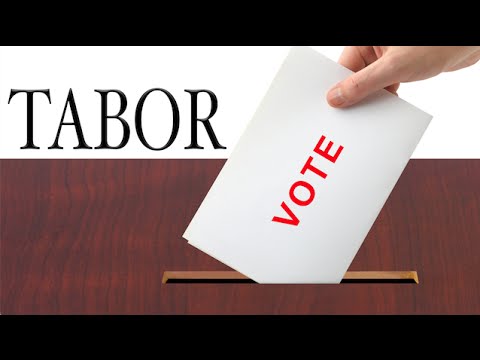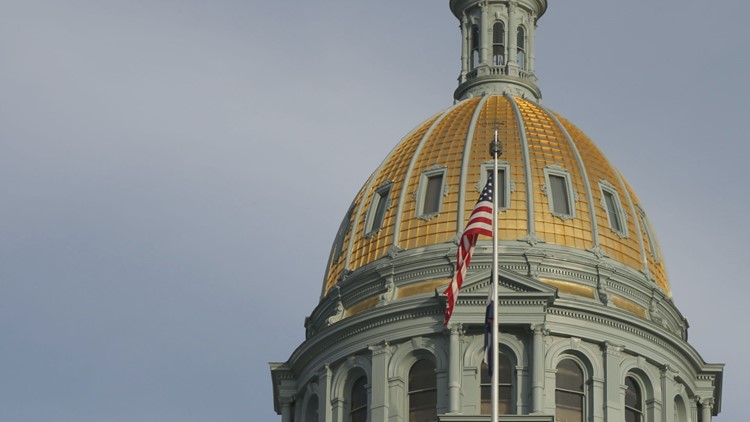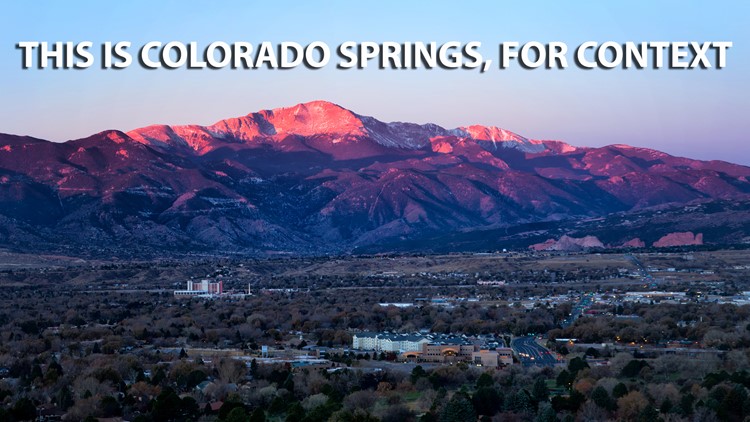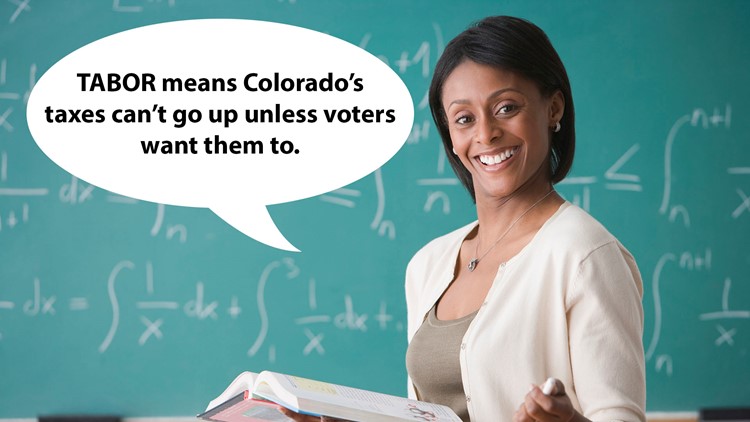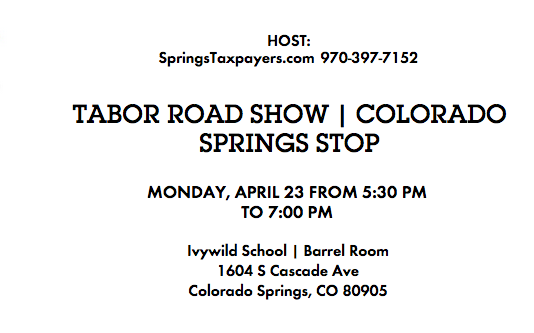
Colorado’s Gubernatorial Race 2018: The Hot Topics
|
Talking Points
The topics that will dominate candidates’ messaging throughout the campaign season.
Growth
It is the best of times…or is it the worst of times? That depends a lot on how you feel about Colorado’s growth. “Normally, the economy would be the highest issue for most voters,” Paul Teske, a dean at CU Denver, says. “There will be a lot of talk about sustaining the boom.” But, adds DU’s Seth Masket: “There are a lot of different areas of the state that are adversely affected by this growth.” Transportation has become a perennial funding battle at the Capitol and could benefit from strong gubernatorial influence (read: political pressure) to make Republicans and Democrats find bipartisan ways forward. Meanwhile, the unemployment rate in Colorado is three percent (it was 8.9 percent at the end of 2010), which on its face is great news, but that near-full employment causes woes for companies desperate to fill jobs. Wages—particularly in the metro area—haven’t kept up with cost-of-living expenses, which means that although people are finding work, they may not be able to pay bills. And the biggest expense for many voters is rising housing costs. Mix that all together, and the moment is prime for a gubernatorial candidate to stand out by creating a unique vision for Colorado’s future.
Education
This may seem like a topic that matters most to people who are raising families, but this year, candidates will compel everyone to think about Colorado’s education system (funding here ranks in the bottom third of all states in the country). Which makes sense: Property owners help pay for schools, employers benefit from a well-prepared workforce, and we all want the best for society’s youngsters, right? But how we ensure we have a strong education system is quite a bit more complicated. Magellan Strategies’ David Flaherty says Republican candidates should be talking about education right now and through November. “It’s the one issue we completely give to the Democrats,” Flaherty says. “It’s unfortunate because it’s one of the top two issues for unaffiliated voters.”
Tabor
 Conversations about addressing growing pains or giving more money to teachers inevitably evolve into talks about what to do about Colorado’s Taxpayer Bill of Rights (TABOR), which limits government spending to match population growth and inflation increases.
Conversations about addressing growing pains or giving more money to teachers inevitably evolve into talks about what to do about Colorado’s Taxpayer Bill of Rights (TABOR), which limits government spending to match population growth and inflation increases.
Under TABOR, which passed in 1992, leftover revenue is returned to the taxpayers. Proponents herald the limits on government spending; detractors warn that TABOR isn’t robust enough to respond to real-time needs, like shifting populations in schools due to high housing costs.
But Coloradans tend to like the control TABOR gives them: A January 2018 report from the American Politics Research Lab at CU Boulder found that “support among Coloradans outpaces opposition,” with 45 percent of respondents supporting TABOR.
That number has fallen since 2016, and the study notes that more than a quarter of respondents had “uncertainty about a position.” In short, there’s room for candidates to make TABOR the issue of the campaign.
Republican candidates are likely to support working within TABOR’s constraints. Democrats will probably talk more about reform or repeal.
Guns
